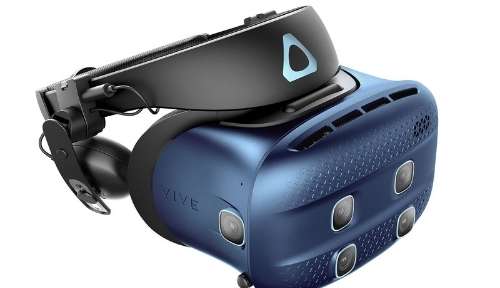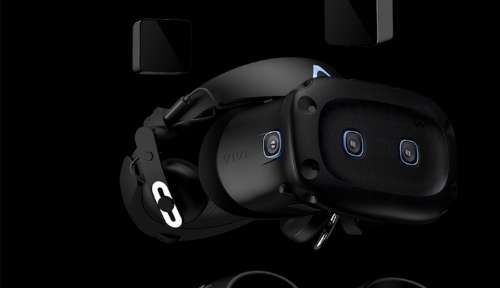
After a glimmer of a sunrise at the end of 2017 with fast sales of a vastly cheaper Oculus Rift and the positive reception to a proposed standalone VR system, Oculus and parent company Facebook have announced a deal with Chinese smartphone manufacturer Xiaomi as a “hardware partner” to manufacture the Oculus Go standalone HMD.
Along with this, a near-identical product branded as the Mi VR Standalone will also be released exclusively in China, where many Facebook products are banned.
Along with this, it was also announced that both devices would be powered by Qualcomm’s Snapdragon 821 chipset. This is less powerful than the Snapdragon 835 that Qualcomm announced at least year’s CES show (and is powering the Daydream Standalone VR devices), so it will be interesting to see how closely Oculus work with Qualcomm to offset the power deficit.
What we know so far
The Oculus Go was announced in October last year as a middle ground between the successful but limited mobile VR headset Gear VR and the higher end Oculus Rift device. Selling for just shy of $200, Oculus Go has become one of the cheapest overall units for experiencing VR, especially since you don’t need a compatible phone or a powerful computer to power the headset.
Oculus Go is designed to compete directly with Google’s Daydream Standalone headsets (Or perhaps just the one currently), as well as possibly the HTC Vive Focus/Wave, the nebulous HTC standalone system that may or may not still be Daydream compatible and may or may not be leaving China.
Why Xiaomi?
Chinese smartphone giant Xiaomi are in quite a few respects a perfect hardware partner for Oculus, for both their infrastructure and their standing in China. Xiaomi is a mobile phone manufacturer known for high quality yet inexpensive devices, creating comparisons to Apple. This isn’t their first dalliance into VR either, with their Mi VR being a premium device similar to the Gear VR, and their unique Zip-boxy Mi Play VR being similarly well received, as well as available for insanely low prices overseas. In terms of having the knowledge and ability to build a mobile VR standalone system, Xiaomi seems to be an easy winner.
As noted earlier as well, getting Xiaomi on board means that Oculus can get their products in China. Facebook has been blocked by China’s “Great Firewall” since 2009, and as a consequence Oculus has also had difficulties in the region. Pairing with Xiaomi allows Facebook the chance to get their product into the Chinese market without the expense that a new company entering the region would typically have to face. It also enables access to Xiaomi’s Mi Store and their VR apps, with plans to port a number of VR experiences onto the Mi Store. As China is a huge market, and one that HTC has taken far better advantage of than Oculus, this is a pretty major move.
There is not currently a release date set yet, but it is unlikely Oculus will wait long to pounce onto the market.







